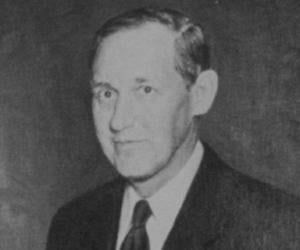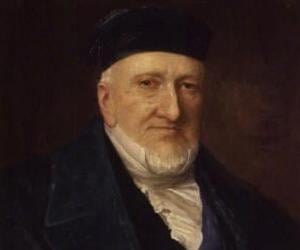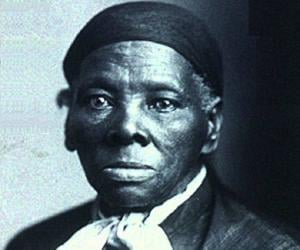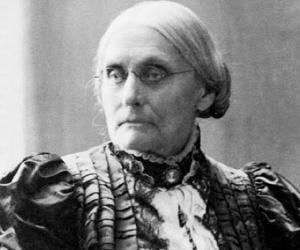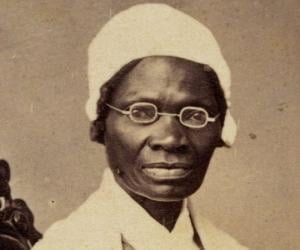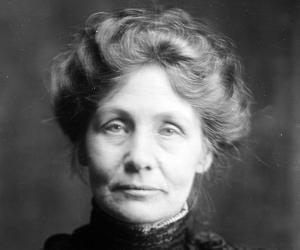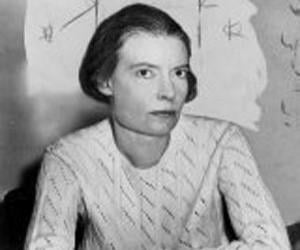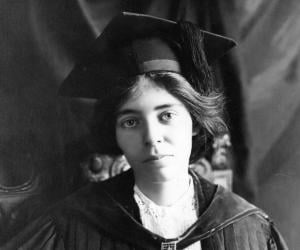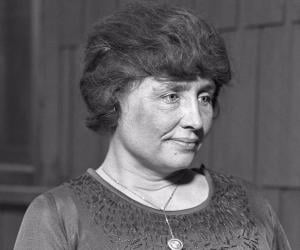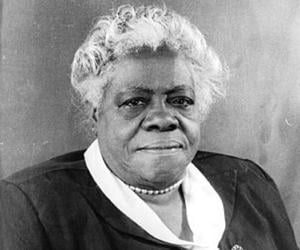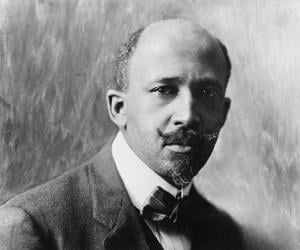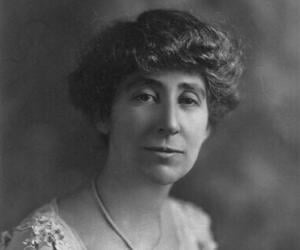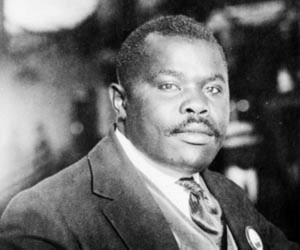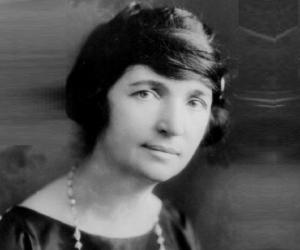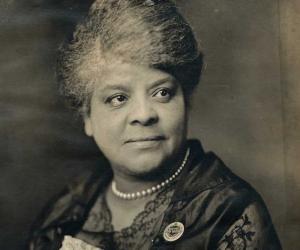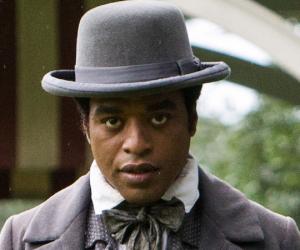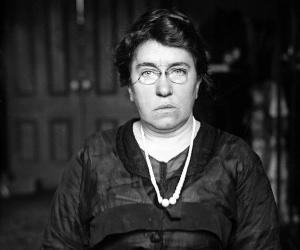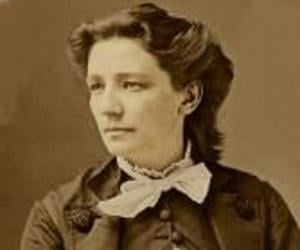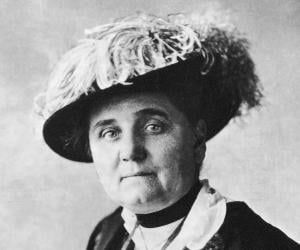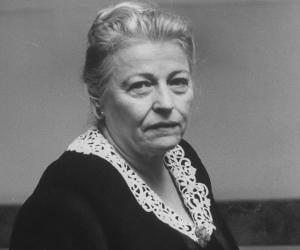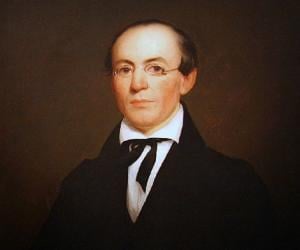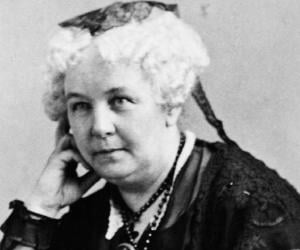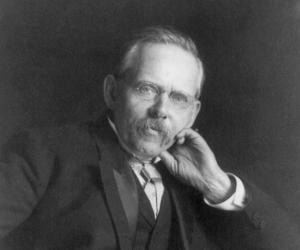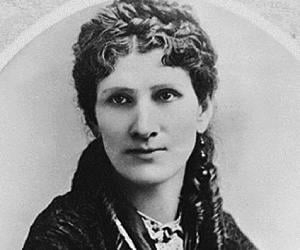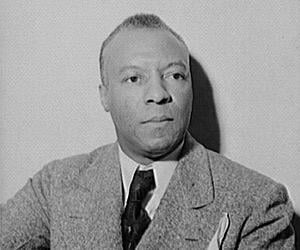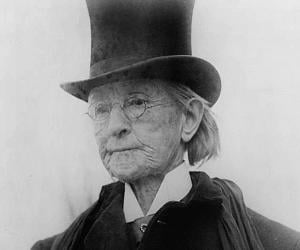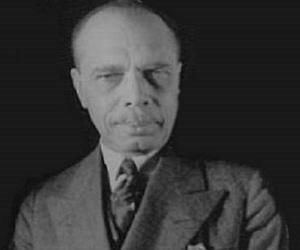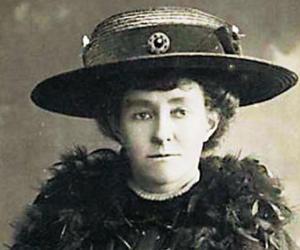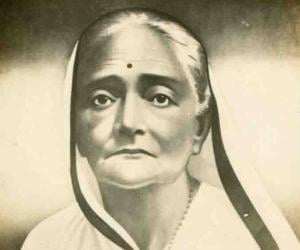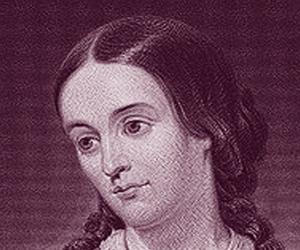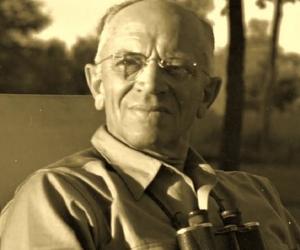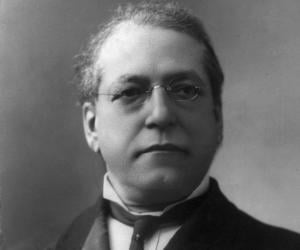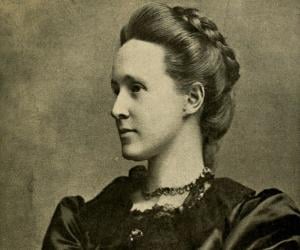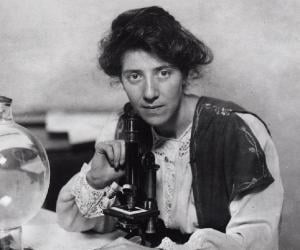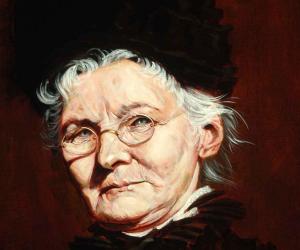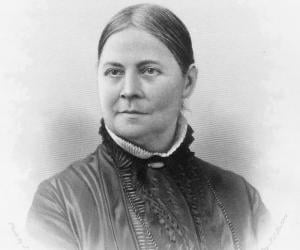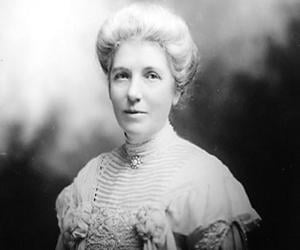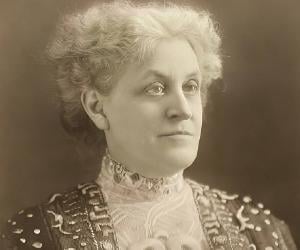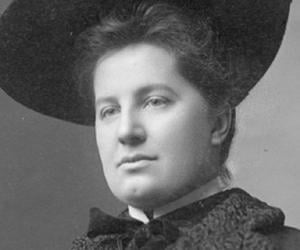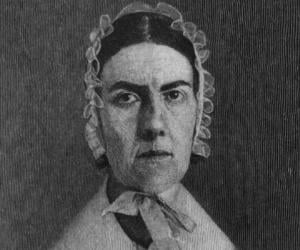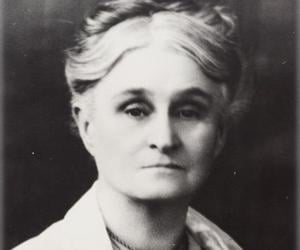Born to parents who were bonded slaves, Harriet Tubman life was a difficult one from the very beginning. Yet with her remarkable courage and determination, she not only escaped slavery herself, but also led other enslaved people to freedom. The prominent political activist and abolitionist was also the first woman to lead an armed expedition during the American Civil War.
Susan B. Anthony's vital role in the women's suffrage movement changed the course of history. She led one of the two national suffrage organizations, which later became the National American Woman Suffrage Association, with Susan as its leading force. She also played an instrumental role in publishing The Revolution, a women's rights newspaper.
Sojourner Truth was an American women's rights activist and abolitionist. Born into slavery, Truth escaped to freedom in 1826. She then approached the court to recover her son, subsequently becoming the first black woman to emerge successful against a white man in such a case. In 2014, she was named in Smithsonian's 100 Most Significant Americans of All Time list.
Dorothy Day was an American social activist, journalist, and anarchist. She is best remembered for co-founding the Catholic Worker Movement along with French activist Peter Maurin. She also co-founded a newspaper called Catholic Worker and served as its editor between 1933 and 1980. In 2001, Dorothy Day was made an inductee of the National Women's Hall of Fame.
Alice Paul was an American Quaker, feminist, suffragist, and women's rights activist. She is best remembered for strategizing events like the Silent Sentinels and the Woman Suffrage Procession, which resulted in the passage of the Nineteenth Amendment to the United States Constitution in 1920. Alice Paul often displayed courage while confronting police brutality for her activism.
A prolific author, having written 12 published books and several articles, Helen Keller was the first deaf-blind person to earn a Bachelor of Arts degree. Her autobiography, The Story of My Life, made Keller famous and was adapted for film and stage. She was also an activist and campaigned for women's suffrage, labour rights, socialism and other such causes.
Mary McLeod Bethune was an American civil rights activist, educator, womanist, humanitarian, and philanthropist. She is credited with founding the National Council of Negro Women. Bethune also played a key role in the creation of the Black Cabinet while serving as an adviser to Franklin Roosevelt. In 1973, Bethune was made an indutee of the National Women's Hall of Fame.
W. E. B. Du Bois was an American civil rights activist, sociologist, and Pan-Africanist. Du Bois played an instrumental role in fighting for full civil rights for people of color around the world. A co-founder of the National Association for the Advancement of Colored People, Du Bois also played an important role as the leader of the Niagara Movement.
Jeannette Rankin scripted history as the first female member of the US Congress. A feminist, she was also associated with the women’s suffrage movement. Earlier, the Republican worked as a dressmaker, a furniture designer, and a teacher. She was the only legislator to vote against war after the Pearl Harbor incident.
Margaret Sanger was an American writer and sex educator. She is credited with popularizing the term birth control. A birth control activist, Sanger established the first birth control clinic in America. She also set up organizations that later became the well-known non-profit organization Planned Parenthood Federation of America. She also played a key role in legalizing contraception in the US.
Emma Goldman was a writer and anarchist political activist. She played an important role in popularizing the anarchist political philosophy in Europe and North America in the early and mid-20th century. Her lectures and writing spanned a wide variety of subjects, such as atheism, militarism, freedom of speech, homosexuality, capitalism, and free love.
Victoria Woodhull was an American politician, suffragist, and writer who played an important role in the women's suffrage movement. She is credited with founding Woodhull & Claflin's Weekly, America's first newspaper to be founded by a woman. Her life and career inspired the Broadway musical Onward Victoria. In 2001, she was posthumously inducted into the National Women's Hall of Fame.
Jane Addams was an American social worker, reformer, settlement activist, public administrator, sociologist, and author. Addams was a prominent leader in the history of women's suffrage and social work in the USA. She is credited with co-founding one of America's most popular settlement houses, the Hull House in Chicago. Addams is also credited with co-founding the American Civil Liberties Union.
Nobel Prize- and Pulitzer Prize-winning American author Pearl Buck was raised in China by her missionary parents. She grew up to teach English literature in Chinese universities and later penned books such as East Wind, West Wind and The Good Earth, which were based on her experiences in China.
William Lloyd Garrison was an American journalist, abolitionist, social reformer, and suffragist. He is best remembered for founding The Liberator, an anti-slavery newspaper, which was published from 1831 to 1865. He also co-founded the American Anti-Slavery Society which helped fight slavery in the United States. In the 1870s, William Lloyd Garrison was an important figure in the women's suffrage movement.
American women’s rights activist Elizabeth Cady Stanton first came to know about laws that discriminated against women while studying law books in the office of her father, who was a prominent judge. She later became the president of the National Woman Suffrage Association and co-wrote books such as The Woman's Bible.
Indian-born British author Anna Leonowens is best remembered for her memoir The English Governess at the Siamese Court, which related her experience as a governess of the children of King Mongkut of Siam. The musical The King and I and the novel Anna and the King of Siam were inspired by her life.

Mary Edwards Walker, or Dr. Mary Walker, was the only female surgeon who served injured soldiers during the American Civil War. A dress reform supporter, she believed women should value comfort more than tradition when it came to clothes. She was also the first and only Medal of Honor winner.
Activist Emily Davison is remembered for her relentless fight for women’s suffrage. As part of her protest, at the 1913 Epsom Derby, she went in front of King George V’s horse, to attach suffragette flags to it, and was tragically trampled to death. Some regard her as a martyr for women’s causes.
Kasturba Gandhi was an Indian freedom fighter and political activist. Best remembered as the wife of Mohandas Karamchand Gandhi, Kasturba took part in Indian independence movements along with her husband. Her life and career inspired a play titled Kasturba which was written by Narayan Desai and directed by Aditi Desai. The play was staged several times in India.
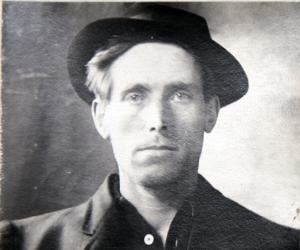
Margaret Fuller was an American journalist, critic, editor, women's rights advocate, and translator. She is best remembered for her association with the transcendentalism movement. Her 1843 book Woman in the Nineteenth Century is widely regarded as the first major feminist book in the USA. An advocate of women's rights, Margaret Fuller was the first female war correspondent in the USA.
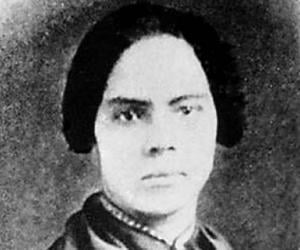
The first North American Black woman to publish a newspaper, USA-born Mary Ann Shadd was the founder of the Canadian newspaper, The Provincial Freeman. Concurrently serving as its anonymous editor and contributor, she also became one of the first women to pursue journalism in Canada. She was also one of the first Black women to earn a degree in law.
A pioneering leader of the women’s suffrage movement in Britain, Millicent Fawcett also co-established the Newnham College, Cambridge, which was one of the first English women’s universities. She also served as the president of the National Union of Women's Suffrage Societies and investigated British concentration camps during the South African War.
Apart from being a successful botanist, Marie Stopes was also a popular activist, known for her contribution to the feminist cause. A leading supporter of birth control, she established the UK’s first clinic for family planning. She was also known for her books Married Love and Wise Parenthood.
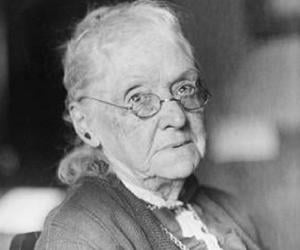
Writer, lecturer, suffragist, reformer, feminist, politician and slave-owner Rebecca Latimer Felton was the first woman who served in the United States Senate. The most distinguished woman in Georgia during the Progressive Era, Felton was appointed Senator from Georgia as a mark of respect. With this she became the oldest freshman-senator who entered the Senate and served for just 24 hours.
After losing her husband and children in a yellow fever epidemic and her dress shop in the great Chicago fire, schoolteacher and dressmaker Mary Harris Jones became an activist, earning the nickname Mother Jones. A prominent unionist for coal miners and other workers, she also co-founded the Social Democratic Party.
Lucy Stone was an American abolitionist, suffragist, orator, and women's rights activist. She was the first woman to earn a college degree from Massachusetts. Stone played a key role in the formation of the Woman's National Loyal League as well as the American Woman Suffrage Association. In 1986, she was made an inductee of the National Women's Hall of Fame.
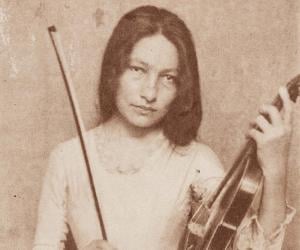
Born in England and educated in Scotland, Kate Sheppard later moved with her family to New Zealand. A fiery feminist, she led the WCTU women’s suffrage campaign, making New Zealand the first country that granted its women the right to vote. She also encouraged women to participate in physical activities.
American women's suffrage-leader Carrie Chapman Catt served as president of National American Woman Suffrage Association (NAWSA), and founded the International Woman Suffrage Alliance (later International Alliance of Women) and League of Women Voters. She is best-known for leading the NAWSA, organising the Winning Plan and playing a pivotal role in passing of the Nineteenth Amendment to the United States Constitution.
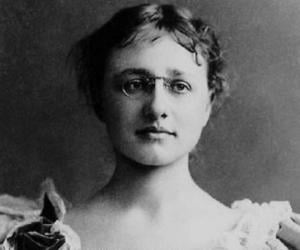
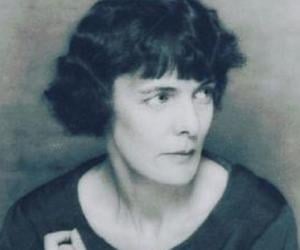
Canadian women’s rights activist Emily Murphy was part of The Famous Five, a group of women activists who launched the Persons Case to make women eligible to be part of the Senate. Murphy also served as the first police magistrate in Canada and the British Empire.
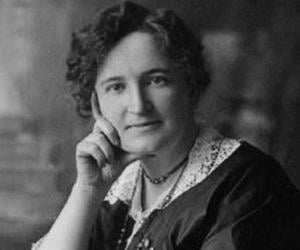
Canadian author and social reformer Nellie McClung had struck gold with her first novel, Sowing Seeds in Danny, a bestseller. She also spoke widely about woman suffrage and was part of the Alberta legislature. She was part of The Famous Five, a group of women who launched the Persons Case.
Angelina Grimke was an American political activist, abolitionist, women's rights advocate, and promoter of the women's suffrage movement. She is best remembered for the anti-slavery speech which she gave outside Pennsylvania Hall in May 1838. One of her letters regarding anti-slavery was published by William Lloyd Garrison in his newspaper The Liberator in 1835.
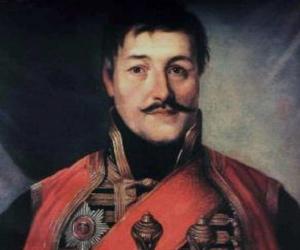
Karađorđe was a Serbian revolutionary and freedom fighter. An important figure during the First Serbian Uprising, Karađorđe is best remembered for leading Serbia's fight for independence from the Ottoman Empire in the early 1800s. He is also credited with founding the Karađorđević dynasty.
Edith Cowan was an Australian social reformer best remembered for serving as a member of parliament; she was the first Australian woman to do so. She is also remembered for working for the welfare and rights of children and women. In recognition of her contribution, Cowan has been depicted on Australia's fifty-dollar note since 1995.
